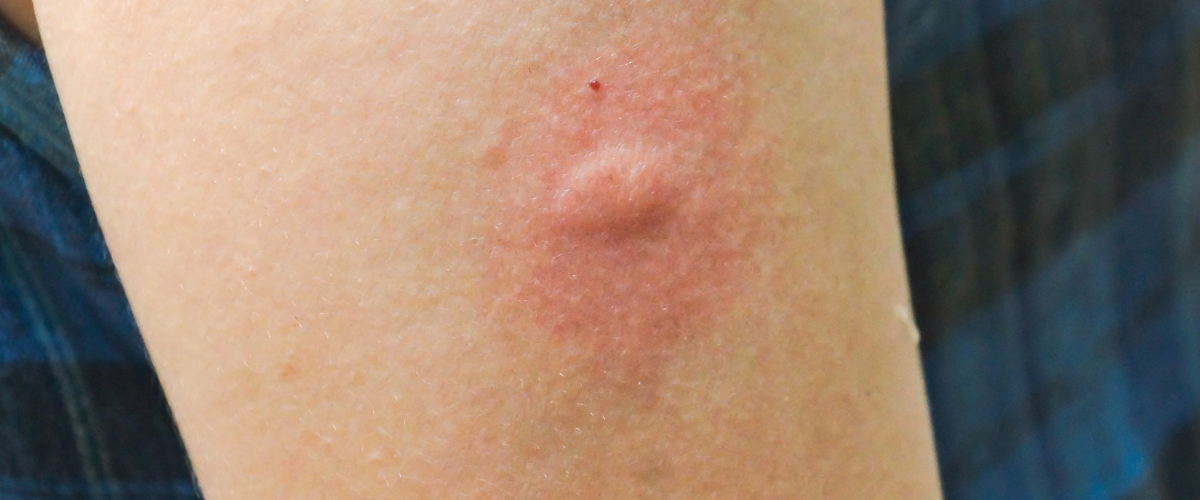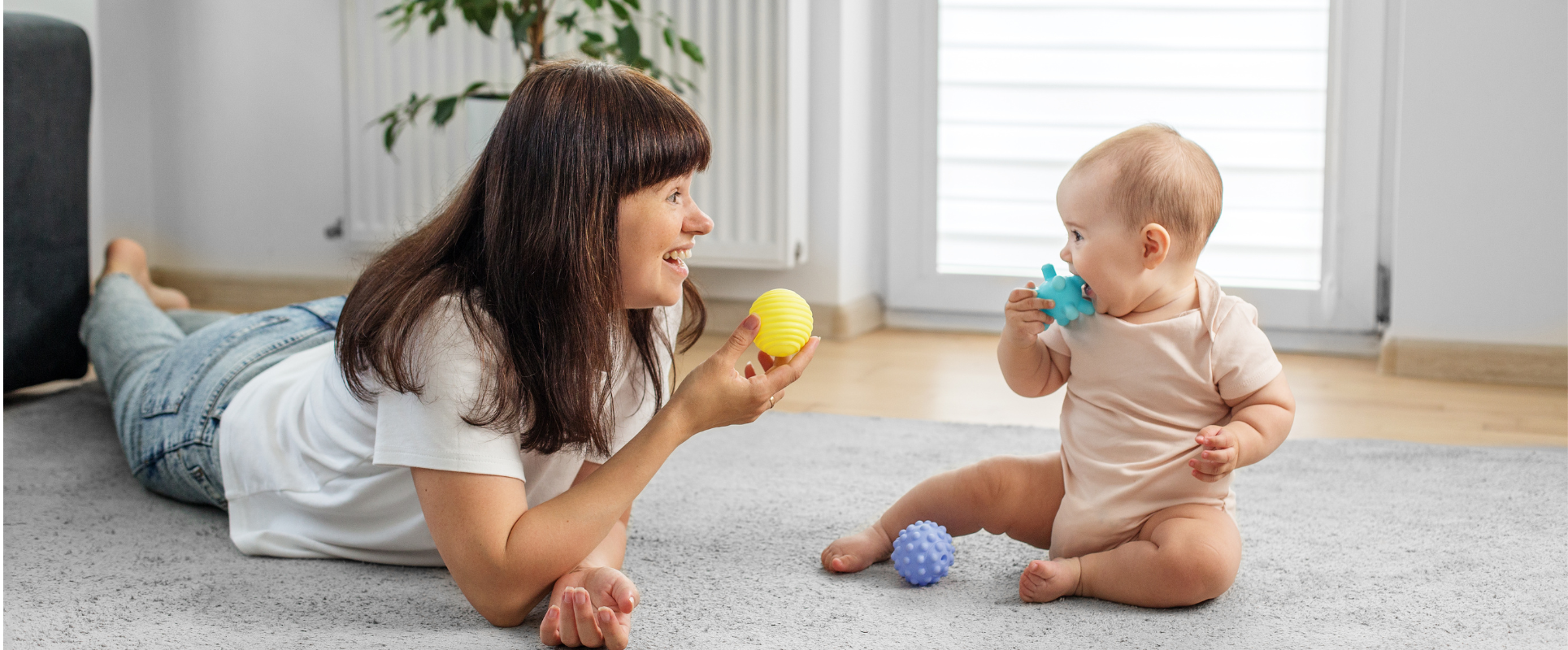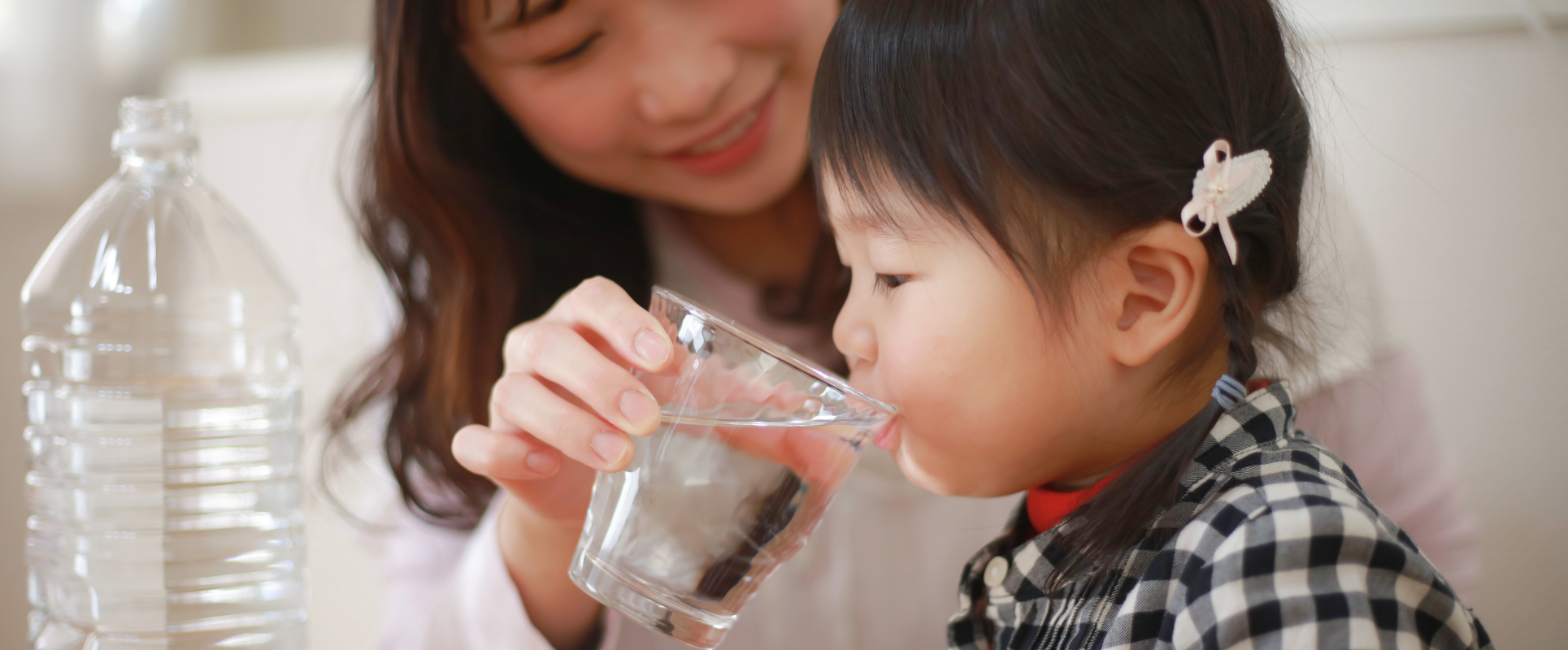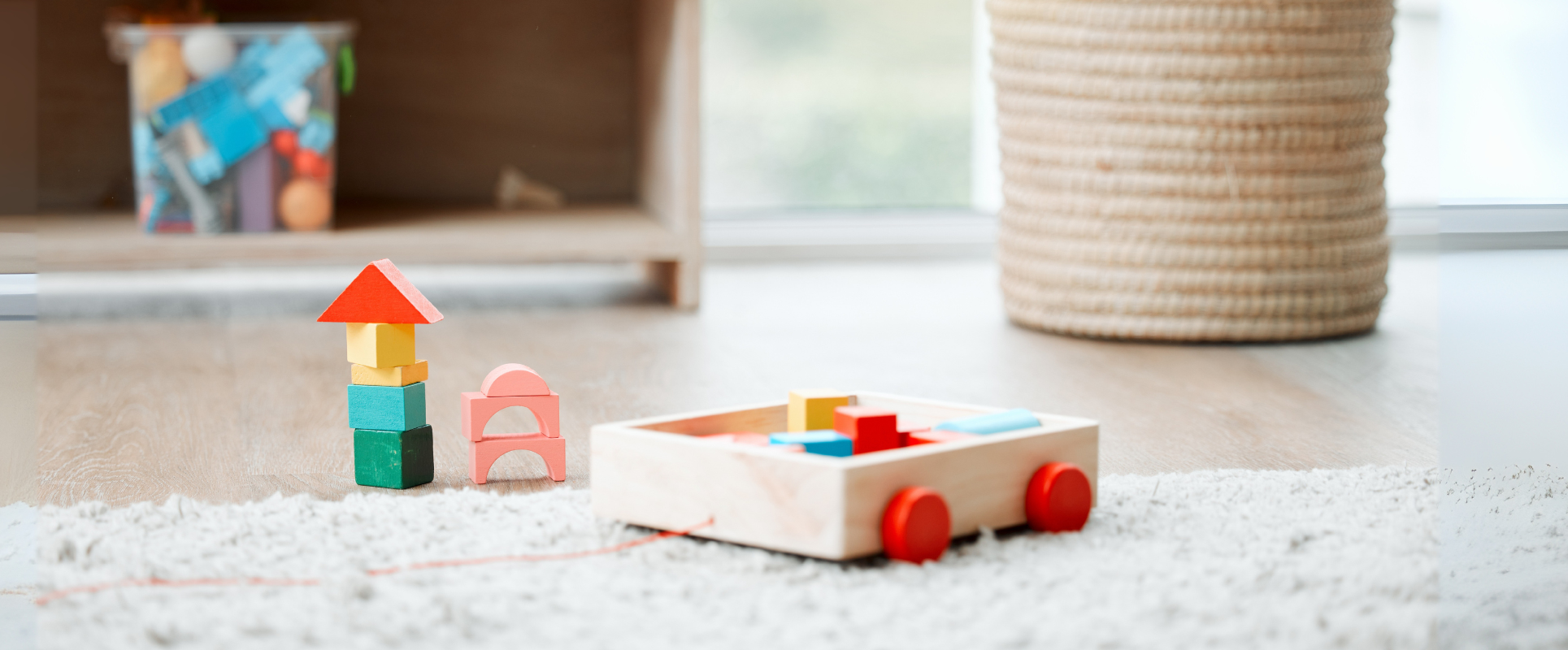
When Should You Worry About Insect Bites in Children?
1. Why Are Children More Prone to Insect Bites Than Adults?
Children’s skin, especially in infants and toddlers, is much thinner and more sensitive than adults’. Their immune systems are also not fully developed, which often causes stronger reactions to insect bites—resulting in redness, swelling, itching and a higher risk of infection if the child scratches repeatedly.
Moreover, children often play outdoors or in environments with many insects, such as parks and gardens — ideal conditions for mosquitoes, ants, wasps, fleas and other insects to bite.
2. How to Recognize Insect Bites and Allergic Reactions
Most common insect bites will:
-
Cause mild swelling and redness at the bite site
-
Result in itching, leading the baby to scratch frequently
-
Last 1–3 days before gradually fading
However, take your child to a doctor immediately if you notice:
-
Unusually large or spreading swelling around the bite
-
Presence of pus, mild fever or swollen lymph nodes
-
Difficulty breathing, widespread rash, nausea (possible signs of anaphylaxis)
According to the American Academy of Dermatology (AAD) and Johns Hopkins Medicine, these symptoms may indicate a severe allergic reaction, especially in children with sensitive skin or bites from dangerous insects like hornets.
3. Safe Home Remedies for Treating Insect Bites on Babies
You can follow these steps:
-
Clean the bite area with cool water and gentle soap.
-
Apply a cold compress to reduce swelling.
-
Prevent scratching by trimming your baby’s nails, using mittens or applying soothing products to relieve itching quickly.
💡 Gentle suggestion from DabiDabi: For babies with sensitive skin, try DabiDabi ByeBye Bite Roll-On — a natural formula with extracts like peppermint, chamomile and tea tree. It soothes insect bites safely without irritating delicate skin. The convenient roll-on design also helps minimize direct contact with the affected area.
4. Prevention Is More Important Than Treatment
Prevention remains the most effective approach:
-
Dress your baby in long-sleeved, light-colored clothing when outdoors.
-
Use mosquito nets while sleeping, especially during rainy seasons.
-
Avoid standing water around the house, as it is a breeding ground for mosquitoes.
You can also choose products with mild natural essential oils that repel insects without harming your child’s sensitive skin.








